In the time-honored tradition of Freaky Friday and Big, Asatte no Houkou is a tale of people suddenly changing ages. Unlike these precursors, Asatte no Houkou takes itself seriously, which can be both a good and a bad thing. As a basic premise, there’s a lot that can be done with giving a child a grown-up body, or putting an adult in a child’s body. The obvious stuff has already been done to death.
The Cast
The story revolves around Karada, a little girl whose parents died a few years ago. She lives alone with her older brother. A precocious child, always seeking to take on responsibilities and live up to her brother’s expectations. Recently she has taken to praying at a roadside shrine, making a secret wish.
Karada’s counterpart, the second principle character of the story, is a young woman named Shouko. She is somewhat melancholy and withdrawn, and more than a little cynical. Shouko has a history with Karada’s brother, but her taciturn nature doesn’t reveal much about her past, other than to make it clear that she is not happy with how things have worked out.
Karada and Shouko’s common interest is Hiro. When he and Karada’s parents passed away, he dropped everything and returned home to take care of his little sister. This appears to be key to the motivations of the two main characters. Karada wants him to be happy, to not be burdened by her any more. Shouko had a romantic relationship with him, which broke off when he returned home. Hiro is likable enough; he clearly cares about the people around him and tries to be strong from them.
The main cast is rounded out by another brother-sister pair, Touko and Amino. Amino is Karada’s classmate. He is a long-time friend of Karada and has developed a crush of sorts on her. Touko, Amino’s older sister, works at a cafe and appears to have some romantic interest in Hiro.
Together, these five characters create and interesting, if low-key interpersonal dynamic. There are three women that are related to each other though the same man, each with her own role to play. These roles aren’t set in stone, though. Touko seems to see Shouko as a romantic rival and a potential friend. Shouko seems to see Karada as a rival for Hiro’s attention. Karada sees Shouko as something her brother sacrificed in order to take care of her. None of this is shown with over-the-top exaggeration and crystal clarity. Each of these characters are behaving like real people that don’t want to embarrass themselves and the people around them.
The Pitch
Shouko, jealous of the attention Hiro pays to Karada and dissatisfied with her lot in life, comes upon Karada while she’s vigorously praying at a shrine that is thought to grant wishes. Karada is particularly upset about being a burden on her brother and treated like a child. With no direct explanation, suddenly Karada is grown-up and Shouko is a small child. I like to think that they both were so intensely jealous of each other at that moment that they “fired up” the shrine.
As might be expected, Karada has blossomed into an attractive young woman, and is still clad in her little-girl-sized top and little-girl-sized skirt. A lesser anime would have immediately exploited this for some kind of “iya~!” moment of exaggerated shyness, complete with panty-shots and so forth. Asatte no Houkou takes what may be a more realistic, and certainly more subdued approach, with both Shouko and Karada reacting with shock. Unlike a typical harem romance comedy, rather than go running back to the male protagonist with their new bodies, these two just plain don’t know what to make of their situation; it’s going to take some time to settle in. Heck, the main character spends the lion’s share of the second episode quietly worrying about her new body.
Pacing
Two episodes in, the strength of this series has been the bold use of pacing. Asatte no Houkou is not a hard-hitting jumble of activity. It takes its time. This is a show that isn’t afraid to let something sink in. Entire scenes consist of one or two characters sharing uncomfortable silence. Few shows these days are willing to give the audience credit for having an attention span.
Initial Impression
I cannot imagine what took hold of the producers of this series. In the land of giant rubber monsters, ninja power-ups, and seizure robots, to make a show this mellow must have looked like a colossal mistake. Maybe they thought they could write off the loss on their taxes? I don’t track the commercial success or failure of Japanese television shows, but this one strikes me as terribly risky.
Excellent story so far, interesting characters (as opposed to caricatures), good production value. So far, the only problem is that the premise has so much built-in predictability baggage to bear. Maybe they’ll find a fresh way to wrap this up. I’ll give Asatte no Houkou a preliminary A- for now. Big hat tip to Memento and Xebek for piquing my interest in this title; I never would have picked it out of the fall lineup otherwise.
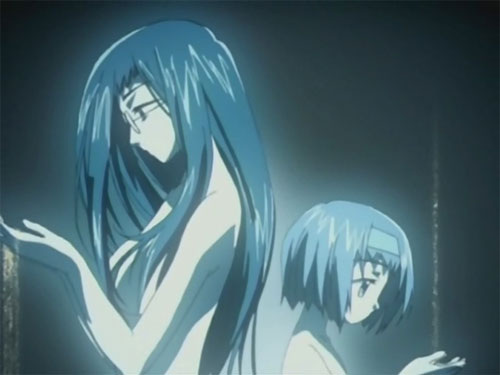
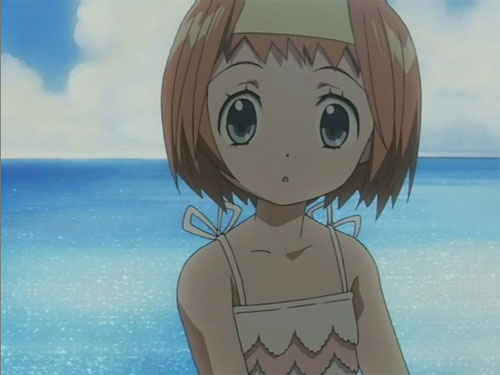
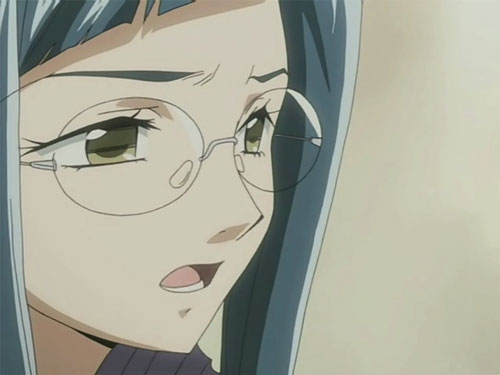
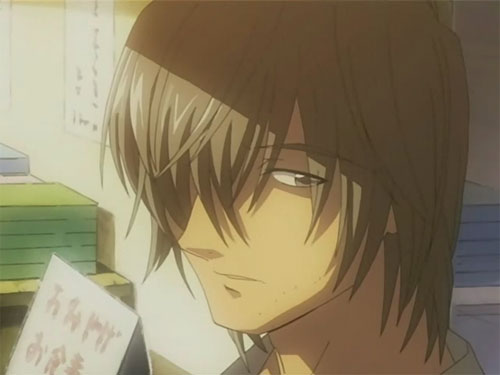
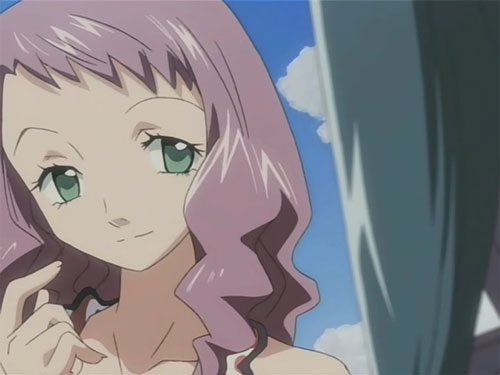
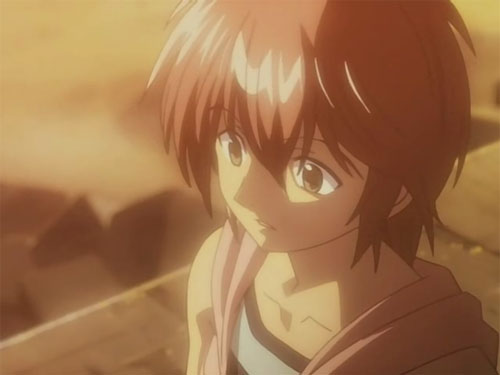
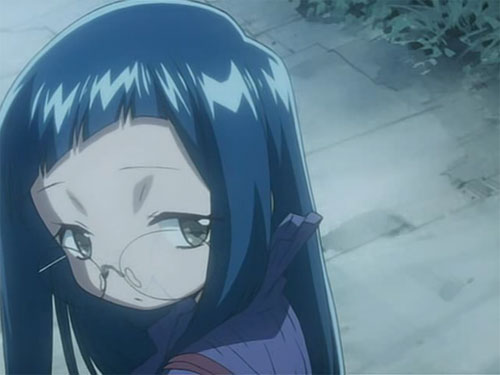
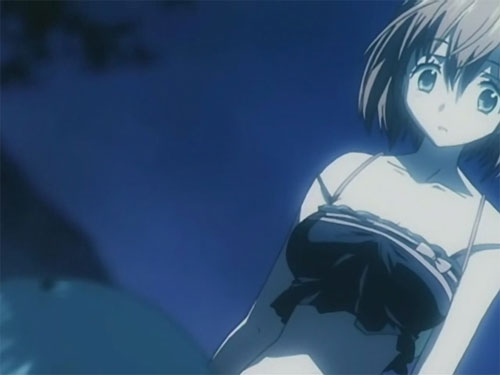
Sounds interesting.